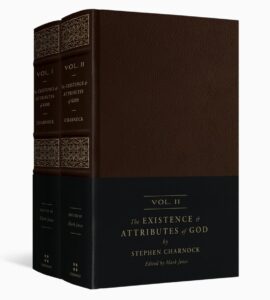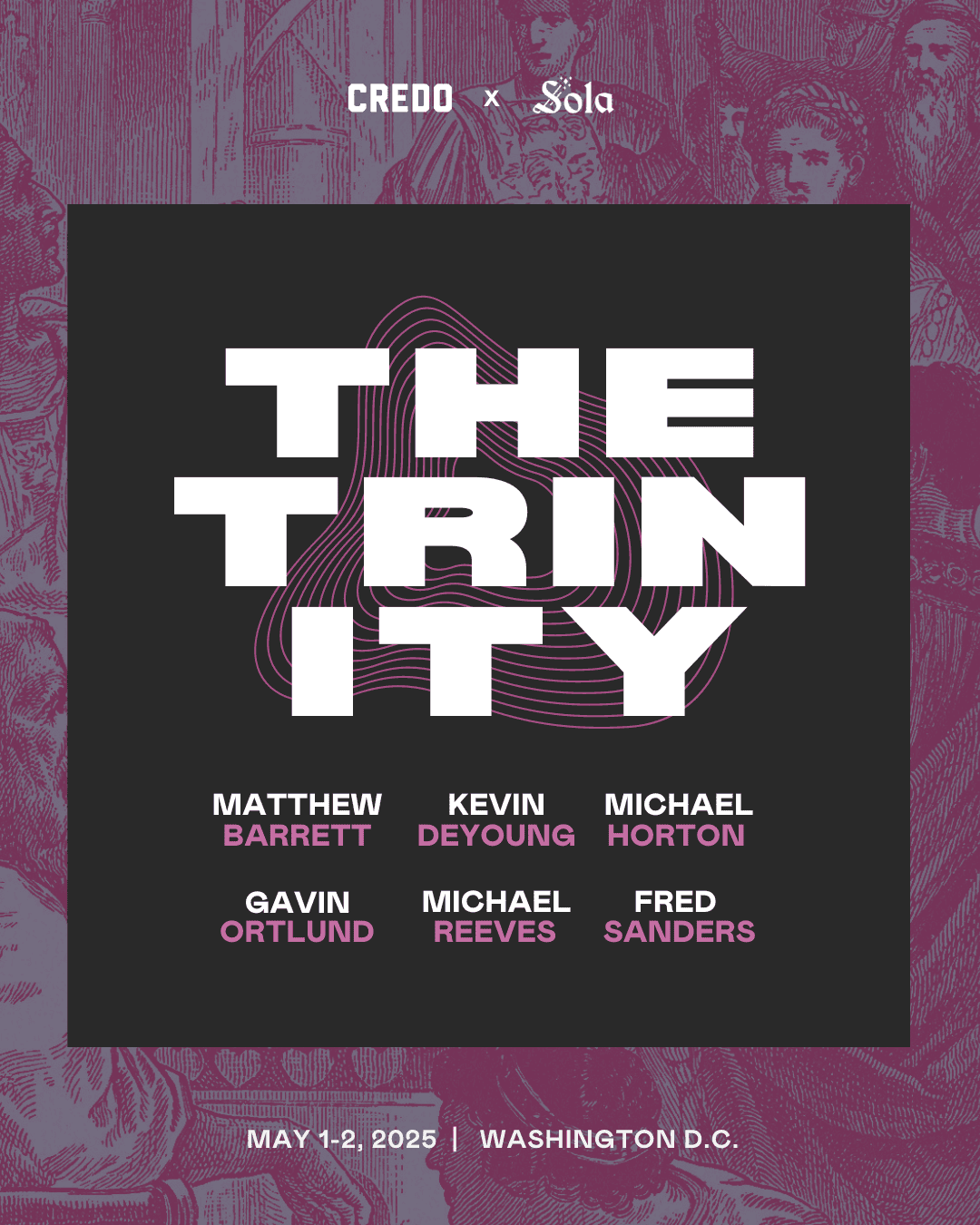
The Best Puritan Exposition of the Doctrine of God
Stephen Charnock’s E xistence and Attributes of God is widely regarded as the best exposition of the doctrine of God to come out of the Puritan era. Charnock carefully discusses aspects of the doctrine of God in great detail, maintaining the distinctions and categories worked out by the Reformed scholastics of the seventeenth century, combining this with the practical and soul-searching application that the Puritans were known for. Charnock (1628-1680) wrote this work as a series of fourteen discourses in the last three years of his life, and he died before completing all that he had planned to write on the subject. His discourses were published posthumously in 1681-1682 and were later reprinted, along with other theological pieces and sermons, as a five-volume set by James Nichol beginning in 1864. This is the set that Banner of Truth first reprinted in 2010 and continues to keep in print today. Charnock’s Existence and Attributes of God has been printed as a stand-alone piece prior to today as well. Robert Carter, for example, printed it as a two-volume set in 1853, and Baker Books reprinted Carter’s edition in the late twentieth century and at least until recently kept his edition in print.
xistence and Attributes of God is widely regarded as the best exposition of the doctrine of God to come out of the Puritan era. Charnock carefully discusses aspects of the doctrine of God in great detail, maintaining the distinctions and categories worked out by the Reformed scholastics of the seventeenth century, combining this with the practical and soul-searching application that the Puritans were known for. Charnock (1628-1680) wrote this work as a series of fourteen discourses in the last three years of his life, and he died before completing all that he had planned to write on the subject. His discourses were published posthumously in 1681-1682 and were later reprinted, along with other theological pieces and sermons, as a five-volume set by James Nichol beginning in 1864. This is the set that Banner of Truth first reprinted in 2010 and continues to keep in print today. Charnock’s Existence and Attributes of God has been printed as a stand-alone piece prior to today as well. Robert Carter, for example, printed it as a two-volume set in 1853, and Baker Books reprinted Carter’s edition in the late twentieth century and at least until recently kept his edition in print.
This new edition of Charnock’s work has many features that make it a very attractive edition. It is beautifully bound and typeset in a readable and attractive format. While the work is complete and unabridged, it has been carefully edited to make it much more readable for a modern audience. Compare the second paragraph of the first discourse of Robert Carter’s 1853 edition with Jones’s edited edition, where Charnock begins his exposition of Psalm 14:
The Robert Carter 1853 edition:
The psalmist first declares the corruption of the faculties of the soul, The fool hath said in his heart;secondly, the streams issuing from thence, they are corrupt, &c.: the first in atheistical principles, the other in unworthy practice; and lays all the evil, tyranny, lust, and persecutions by men, (as if the world were only for their sake) upon the neglects of God, and the atheism cherished in their hearts.
The Crossway 2022 edition:
The psalmist first declares the corruption of the faculties of the soul: “The fool has said in his heart”; second, the streams issuing from thence: “They are corrupt.” The first in atheistical principles [i.e., “there is no God”], the other in unworthy practices [i.e., “they are corrupt”]. The psalmist lays all the evil, tyranny, lust, and persecutions by men (as if the world were only for their sake) upon their neglect of God and the atheism cherished in their hearts.
One can see in this small sample some of the kinds of edits that Jones’s edition has made, including bracketed material to assist the reader, all the while keeping the fullness of the original text. In addition to these helpful additions, all non-English words have received an English translation, and this in and of itself makes Charnock’s work immensely more readable. The addition of chapter headings and explanatory footnotes is also a significant help in assisting the reader with understanding the significance of Charnock’s thought. Probably most helpful to the contemporary reader are the introductions that Jones has written at the beginning of each of the fourteen discourses. These discourses outline Charnock’s material, set the material within its historical and theological context, and provide some helpful analysis as well. Nineteenth-century introductory material from William Symington, Edward Veel, and Richard Adams has been retained in this Crossway edition as well. All in all, the altered formatting and added materials have brought the Crossway edition to a total of 1,689 pages, in comparison to Carter’s dense 1,149 pages.
Crossway has done the Christian world a great service by producing a more readable and accessible edition of this classic work. Hopefully, more such works will appear to help us retrieve the theological riches that can be found in the past centuries of the Reformed tradition.

